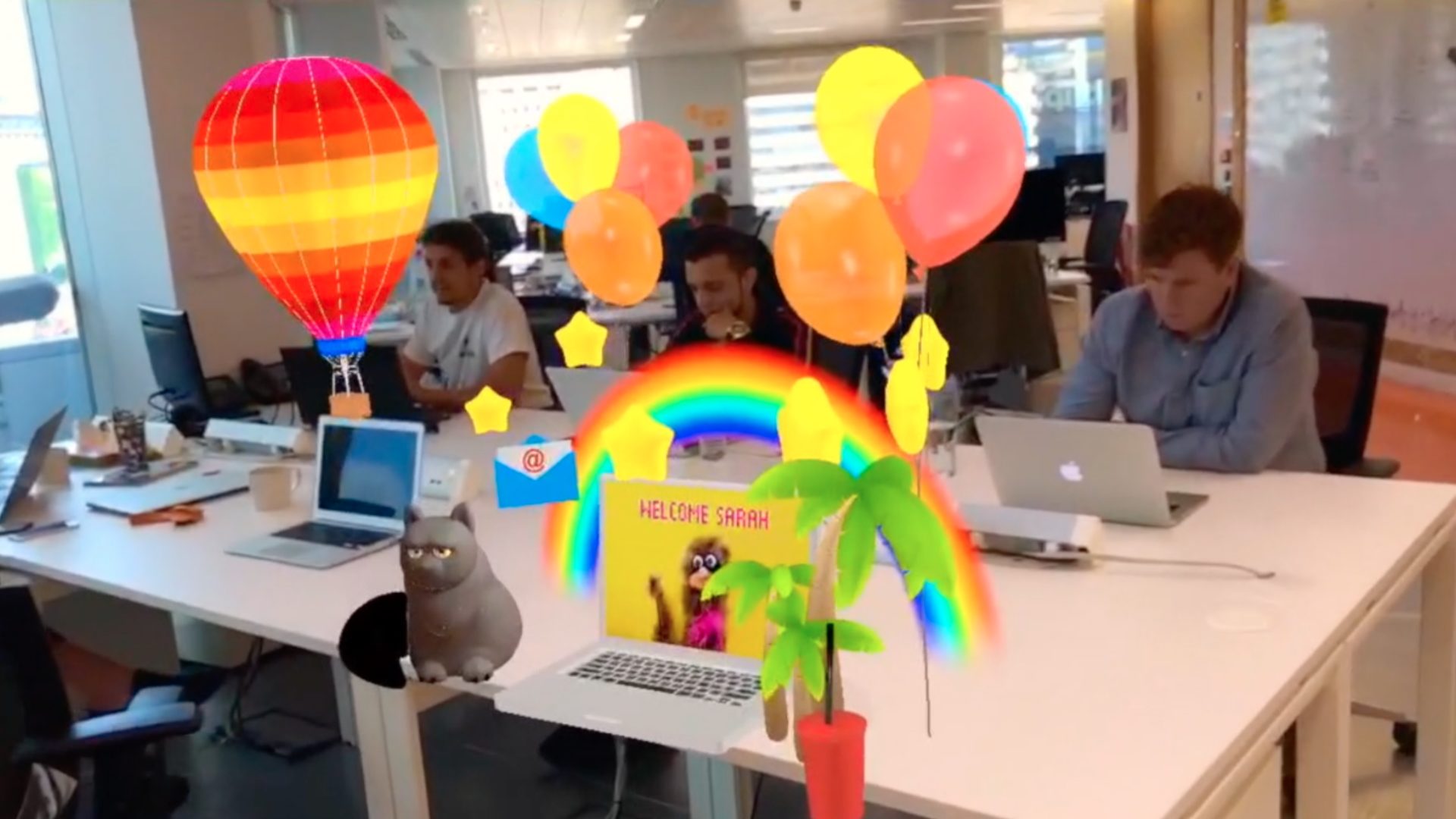Virtual and augmented reality is having a profound impact on modern businesses. Capable of delivering a fully-immersive experience, users can live out real-life experiences in safe environments.
The potential to improve corporate videos across the board are limitless. From staff training to presentations and advertising campaign, VR and AR have the power to engage viewers and help stimulate memory recall.
Studies have shown that immersive and experiential nature of virtual reality helps engage the brain. People learn more by doing. Because VR technology provides users with first-hand experience their spatial memory is enhanced.
VR Mitigates the Learning Curve
The investment corporations currently plough into staff training yields very little ROI. It is believed around 10% of companies have formulated an effective training program.
In contrast, other studies demonstrate that virtual reality fosters a more efficient way of learning because it prompts behavioural changes. The technology works on the premise of creating a virtual world which allows users to interact with it as if it were the real world.
When students and trainees are immersed in an interactive environment, they are more motivated to learn than they are when learning via traditional paper and video methods.
The virtual world not only provides trainees with an impression of physical reality, but it also evokes emotions. The brain actually believes it is in a new environment and is thus more engaged.
Employee Expectations
Almost half of today’s workforce is made up of millennials. Over the next 10 years, Generation Zers will also be seeking employment. The expectation of these new generations of workers revolves around technology.
Millennials expect to work in ‘smart offices’ and if technology in the workplace does not meet their expectations, 42% say they will leave a company.
VR and AR enhance training programs and provides you with unlimited solutions. You can, therefore, create environments which foster a collaborative learning experience or a personalised experience on demand.
You can also encourage remote working and overcome the challenges experienced with web-based tools such as Skype, FaceTime and Zoom etc. Real-time video conferencing will be more interactive and generate a life-like experience.
Employee Onboarding
In meeting the expectations of millennials and Gen Zers, VR and AR encourage the best candidates to work for your company. Why not use the technology to promote your company to prospective employees?
VR allows you to project a positive impression of your company. You can give them a virtual tour of your business, meet key players and provide them with an insight into their day to day activity.
Using VR as a first touchpoint to your company boosts the confidence of candidates and evokes excitement about working for your company. The promise of a highly-engaging work experience is what young people want.
Furthermore, when employees are introduced to their teammates and already familiar with their surroundings – virtually or otherwise – it helps to make them feel more confidence and comfortable on their first day.
Boost Training
Simulation and repetition are extremely valuable for training purposes. Virtual environments provide employees with real-world experiences which prepares them for all manner of scenarios they may encounter during their job.
VR is proving to be a critical component across numerous industries, particularly in fields where life-threatening situations play out on a daily basis. Creating a virtual world enables educators to assess the physical capability and the mental stability of trainees.
Because virtual training programs prepare employees for specific situations, they are better prepared and feel more confident when they have to perform the task in real-life.
When it comes to staff training, companies of all sizes are recognising the value in VR training models. And it’s not only industries such as the military, aerospace and medical professions that can benefit.
For example, customer service professions can see how new employees cope under pressure during busy periods or how they deal with awkward customers and complaints. Their responses and attitudes can be adjusted accordingly.
Corporate Marketing
Advertising is becoming increasingly more competitive and difficult in the digital age. Not only is there a limited visibility in the internet haystack, but consumers are also beefing up with ad blockers and have lower attention spans.
VR enables companies to publish immersive and interactive content that connects with customers on an experiential level. Furthermore, the format can be used across multiple platforms, including mobile devices, desktop computers and outdoor advertising displays.
Consumers expect brands to create engaging advertising experiences to enhance the customer journey. We are already starting to see the impact 360-degree videos is having on the web.
Imagine how much more you can enhance the customer experience with a virtual reality simulation?
Video is the dominant format in the digital space. VR and AR take corporate videos to the next level. And the technological solutions are no more than the upcoming generations will expect from modern businesses.
For more information about how animation can help your business contact us here or feel free to give us a call on +44 (0)207 148 0526.











